In a world where avocado toast is blamed for millennials’ financial woes and yet another luxury high-rise overshadows your local coffee shop, the dream of retiring comfortably is slipping out of reach for many middle-class Americans. Once seen as attainable havens for those seeking golden years filled with leisure and a modicum of luxury, numerous cities have now priced themselves out of the average retiree’s budget. As you contemplate your future, here’s a sobering look at some of those places where living out your retirement dreams might be just that—a dream.
1. San Francisco, California

San Francisco, with its iconic hills and mind-bending tech boom, has become emblematic of the widening chasm between the wealthy and everyone else. For those hoping to retire here, the median home price of over $1.3 million is but one hurdle. In a city where a simple dinner can cost as much as a plane ticket, living on a fixed income seems almost laughable. According to real estate expert Bill Gassett, “The cost of living in San Francisco has outpaced income growth, making it unsustainable for many retirees.”
Perhaps you’re dreaming of those misty bay mornings and late-night strolls in the Mission District. But unless you’re keen on a hefty mortgage or downsizing to a studio, you might find yourself priced out. The allure of cultural riches and culinary delights can’t quite counterbalance the financial strain. What once might have been a feasible plan now requires a serious recalibration for many.
2. New York City, New York

The city that never sleeps seems to be resting comfortably on its reputation as a place where only the affluent can realistically retire. With its soaring property prices and exorbitant cost of living, New York City has become almost inhospitable for those hoping to enjoy a laid-back retirement. The staggering rents alone make it a challenging environment even for the relatively well-off. Imagine trying to make your retirement fund stretch in a world where a gourmet burger can cost twenty bucks.
Despite its relentless pace and glittering skyline, New York’s charm is hard to resist. Many dream of retiring in a cozy Manhattan apartment, soaking in all the culture and excitement they missed while working. However, the financial reality paints a far less dreamy picture. For most middle-class Americans, retiring here might mean more stress than serenity.
3. Honolulu, Hawaii

Picture this: swaying palm trees, azure waters, and a gentle island breeze—sounds idyllic, right? Unfortunately, for most middle-class retirees, Honolulu’s high cost of living turns this paradise into a mirage. With housing prices consistently ranking among the highest in the nation, many find their budgets stretched to the breaking point. A study from the University of Hawaii notes that the cost of everyday goods and services has skyrocketed, further burdening retirees.
Even if you’ve diligently saved, the economic demands of living in Honolulu might prove overwhelming. The dream of island life, where days are spent exploring lush landscapes and nights linger with beachside sunsets, remains just out of reach. While the lifestyle promises peace and tranquility, the financial demands often dictate otherwise. It’s a harsh reality that many reluctantly face when considering Honolulu as a retirement destination.
4. Boston, Massachusetts
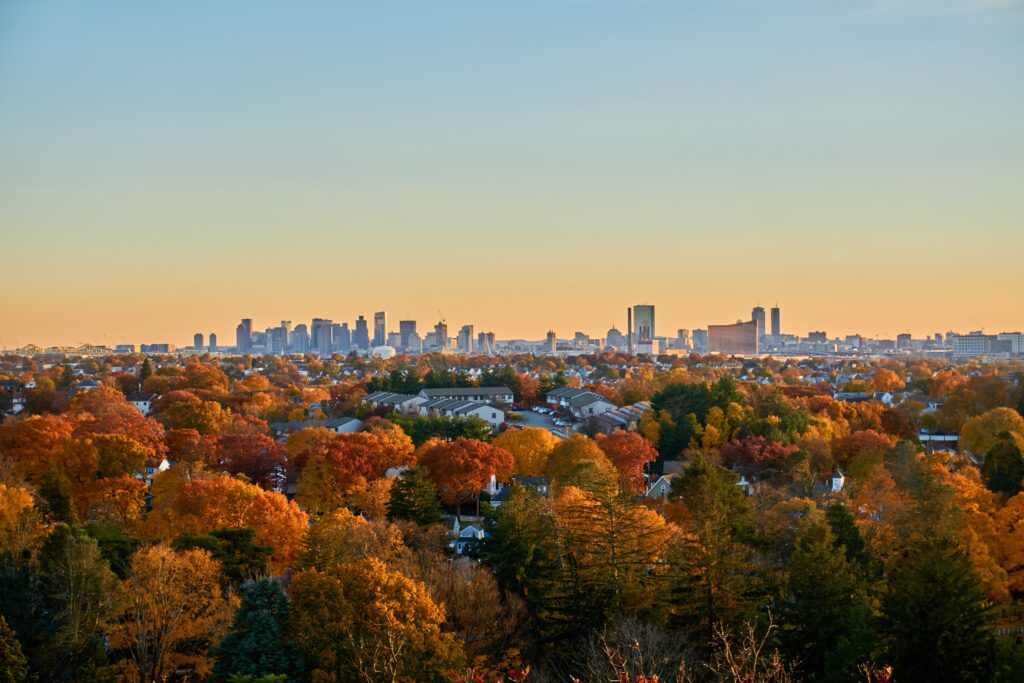
Boston, a city steeped in history and renowned for its academic prestige, is also known for its formidable cost of living. The cobblestone streets and historic charm may beckon, but the financial realities might send you packing. A place where the median home costs nearly $600,000 can quickly turn your retirement dreams into financial nightmares. Boston’s lively arts scene and world-class healthcare are tempting, but they come with a hefty price tag.
Even as you imagine yourself savoring a day at the Boston Common or indulging in a Fenway Park outing, the economic constraints are tough to ignore. Retiring here might mean sacrificing the very activities that make the city appealing. As costs rise, the list of affordable luxuries dwindles, leaving many to reconsider their options. Boston’s allure may be enduring, but its affordability is not.
5. Seattle, Washington
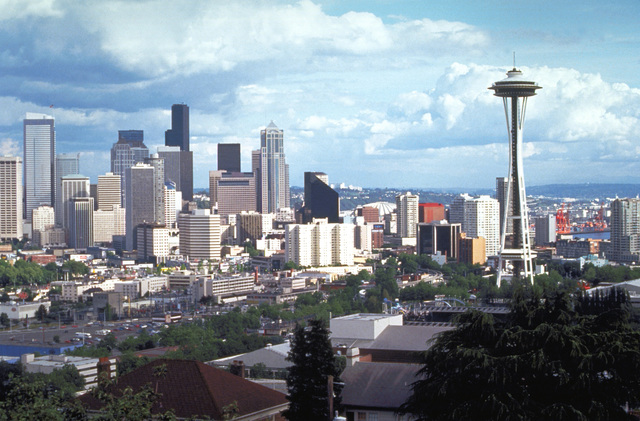
Seattle’s tech-driven boom has transformed it into an economic powerhouse, but with that prosperity comes a steep cost. The Emerald City’s housing market is notoriously competitive, with prices escalating far beyond what many middle-class retirees can afford. According to findings from the Seattle Times, the influx of tech money has driven up costs across the board. The financial landscape here is as foggy as its weather, with expenses often overshadowing income for retirees.
While the thought of retiring amidst Seattle’s vibrant music scene and lush green parks is appealing, the economic reality is less so. The dream of settling into a cozy home by one of the city’s picturesque lakes is often dashed by the cold, hard numbers. For many, the cost of living overshadows the allure of its natural beauty and cultural offerings. A retirement in Seattle might mean more budgeting than basking.
6. Los Angeles, California
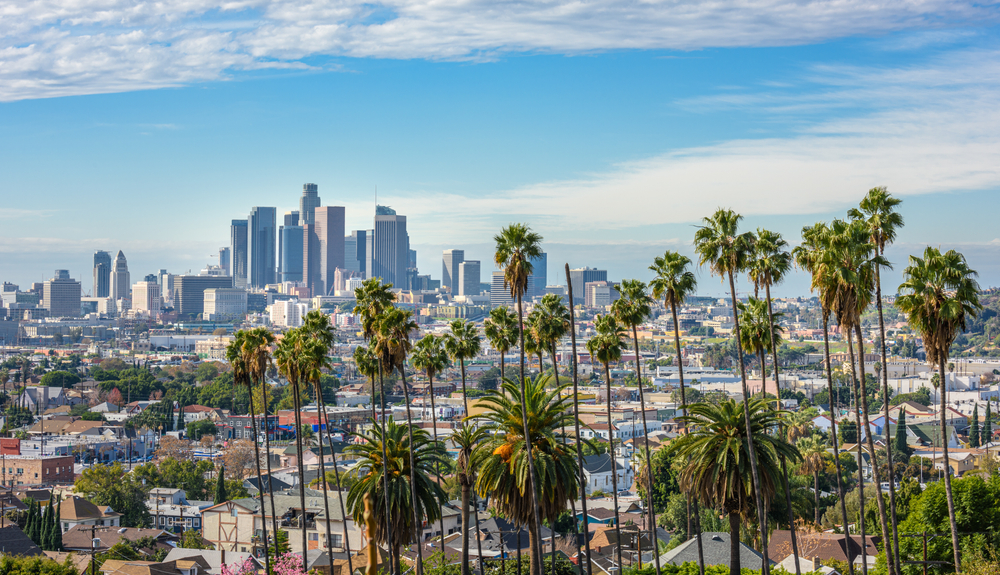
In a city where the sun always shines and movie stars grace the streets, Los Angeles holds an undeniable allure. Yet, the glitz and glamour come with a price tag that many middle-class retirees find beyond reach. Housing costs, along with daily living expenses, make retiring in the City of Angels more a flight of fancy than a feasible plan. The sprawling metropolis might offer endless entertainment, but it also demands endless resources.
Imagine spending your golden years exploring LA’s diverse neighborhoods, from the beaches of Santa Monica to the art scenes in Silver Lake. But unless your retirement fund resembles a blockbuster budget, affording such a lifestyle may prove elusive. The financial strain can overshadow the city’s many attractions. For many, LA remains a dreamland—one that’s just too expensive to call home.
7. Miami, Florida
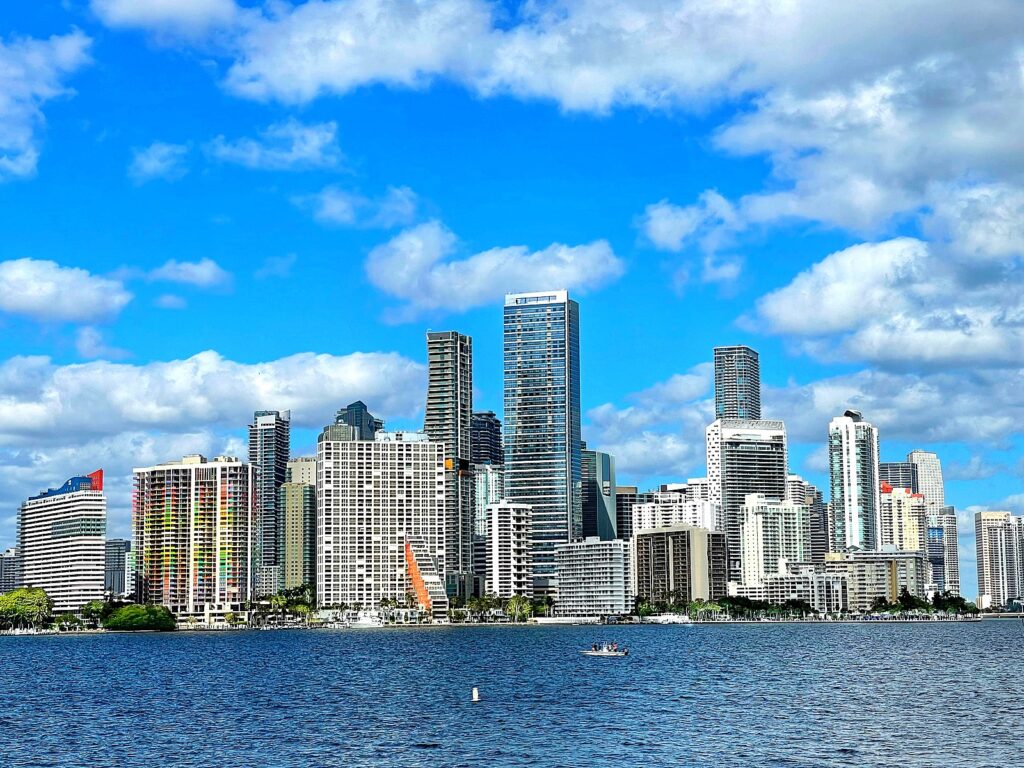
Miami, with its vibrant culture and stunning beaches, has long been a favored retirement destination. However, the rising cost of living has placed it beyond the reach of many middle-class retirees. According to financial analyst Laura Adams, the median home price in Miami has surged, making it increasingly difficult to settle here. The city’s allure, from its Art Deco districts to its lively nightlife, loses its shine when faced with economic realities.
While the idea of retiring in Miami conjures images of sun-drenched days and salsa-filled nights, the financial truths are less sunny. The cost of housing, along with high property taxes, can quickly deplete a retiree’s savings. Though the vibrant lifestyle is compelling, the financial barriers can be daunting. For those on a moderate income, Miami might remain just a postcard dream.
8. Denver, Colorado

The Mile-High City offers breathtaking views and a burgeoning cultural scene, making it an attractive option for many retirees. Yet, Denver’s cost of living is anything but grounded, with housing prices climbing skyward and everyday expenses following suit. The influx of new residents in search of the city’s famed outdoor lifestyle has spurred a housing market frenzy. For those hoping to retire here, the financial climb may be steeper than anticipated.
As you envision a retirement filled with mountain hikes and craft brewery tours, the economic landscape might shake up those plans. The competition for homes and the cost of urban living require a more robust financial strategy than some retirees have. While Denver’s appeal is undeniable, so too are its economic demands. A retirement here might require serious reevaluation of financial priorities.
9. San Diego, California

San Diego’s perfect climate and stunning coastline have long made it a desirable locale for retirement. However, the city’s escalating cost of living has made it increasingly unattainable for many. Housing costs are sky-high, and everyday expenses seem ever on the rise. The picturesque beaches and vibrant neighborhoods might beckon, but they are accompanied by a hefty financial burden.
While the prospect of waking up to ocean views and spending afternoons at the San Diego Zoo is tantalizing, the economics often tell a different story. Many retirees find themselves facing difficult choices, having to forgo the very amenities that make the city appealing. The lifestyle promises relaxation and adventure, but the financial obligations can overshadow these dreams. San Diego may offer paradise, but at a price that feels unrealistic for many.
10. Portland, Oregon
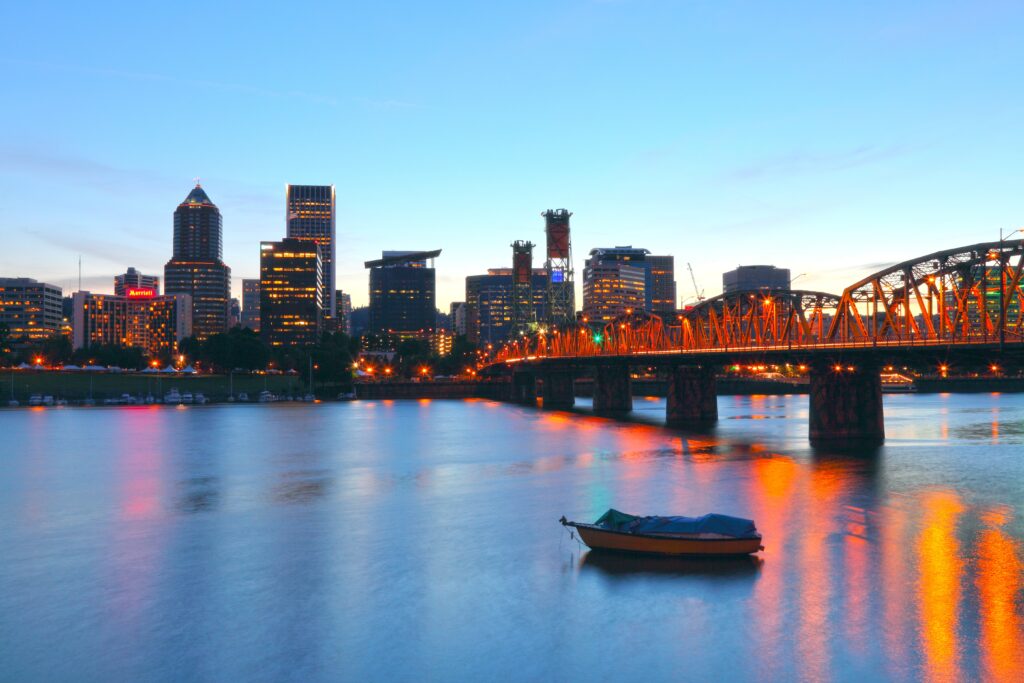
Once a quirky haven for artists and dreamers, Portland has transformed into a city with a cost of living that mirrors its rapid growth. The charm of its vibrant neighborhoods and eclectic culture is undeniable, yet it’s accompanied by a housing market that outpaces the financial reach of many retirees. The influx of new residents has driven up prices, making retirement here more of a challenge. Portland’s artisanal allure comes with an artisanal price tag.
As you imagine a retirement filled with garden walks and visits to local coffee roasters, the financial realities might temper your enthusiasm. The city’s unique appeal is offset by increasing economic demands. While the thought of joining Portland’s creative community is appealing, the costs can be prohibitive. For many, the dream of a Portland retirement remains just that—a dream.
11. Austin, Texas
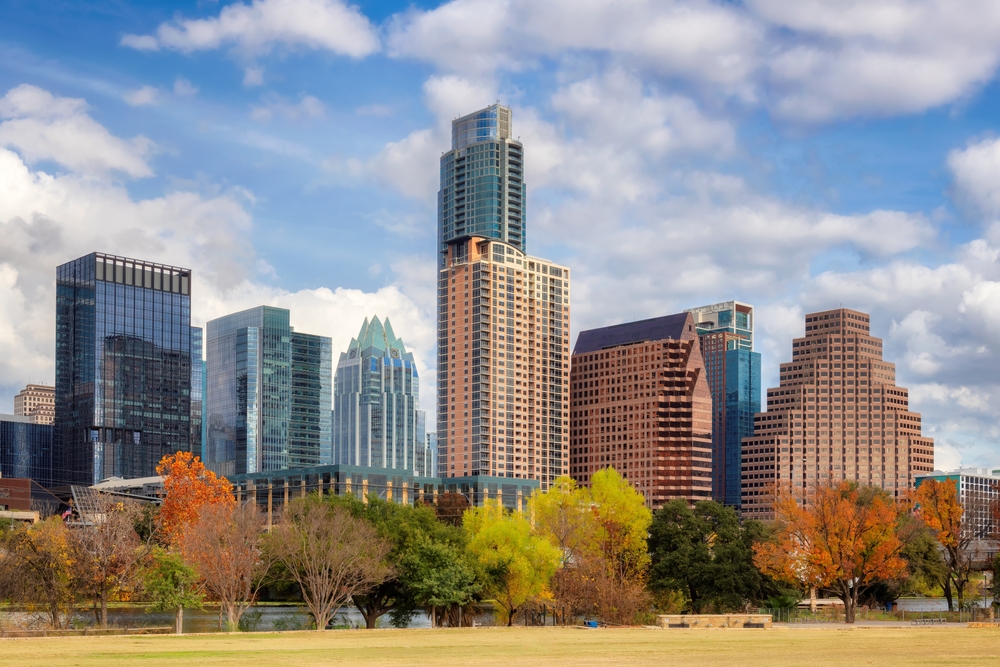
Austin’s reputation as a tech hub and cultural oasis has catapulted it into the spotlight, drawing newcomers and driving up costs. The city’s growth has been a double-edged sword for those looking to retire, as housing prices rise alongside its burgeoning job market. Retirees hoping to enjoy Austin’s live music scene and outdoor activities face an increasingly competitive housing market. What was once an affordable option is now a financial stretch for many.
Imagine a retirement filled with live concerts, food trucks, and leisurely days at Lady Bird Lake. However, the economic demands of living in Austin can put a damper on these plans. The city’s vibrant lifestyle is appealing, but it requires substantial financial resources to enjoy fully. For many middle-class retirees, Austin has become less of a final destination and more of a fleeting consideration.
12. Chicago, Illinois

Chicago, with its stunning skyline and rich cultural tapestry, offers an urban experience hard to match. Yet, the Windy City’s cost of living has blown many middle-class retirees away. Housing, taxes, and everyday expenses here continue to rise, making it an increasingly challenging place to retire comfortably. The city’s appeal is overshadowed by its financial demands, presenting a difficult choice for many.
While the thought of retiree days spent exploring the city’s renowned museums and culinary scene is enticing, the economics can be daunting. The soaring costs require a robust financial plan to sustain a comfortable retirement. Chicago’s vibrancy and diversity come with a price that many find prohibitive. For those not prepared to meet these demands, the city might remain an unfulfilled dream.
13. Washington, D.C.
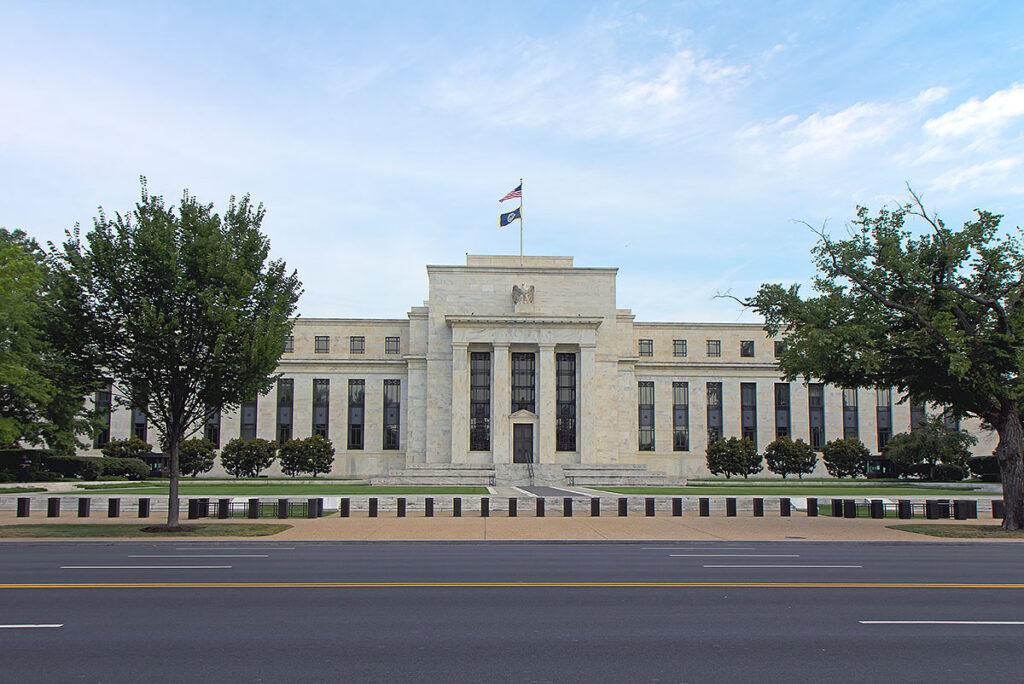
The nation’s capital, with its historic landmarks and political buzz, is a hub of activity and allure. However, Washington, D.C.’s high cost of living and housing prices present significant barriers for retirees. The city’s economic dynamics make it tough for many to envision a stress-free retirement here. The grandeur of the National Mall and the vibrant city life come with financial strings attached.
Envisioning a retirement spent attending gallery openings and leisurely walks through leafy neighborhoods might be appealing. Yet, achieving this vision requires considerable financial resources, often beyond the reach of the middle-class retiree. As the city continues to grow and evolve, so too do the economic demands facing its residents. For many, retiring in D.C. remains a lofty goal, requiring more than just ambition but also a substantial bank account.
This article is for informational purposes only and should not be construed as financial advice. Consult a financial professional before making investment or other financial decisions. The author and publisher make no warranties of any kind.








